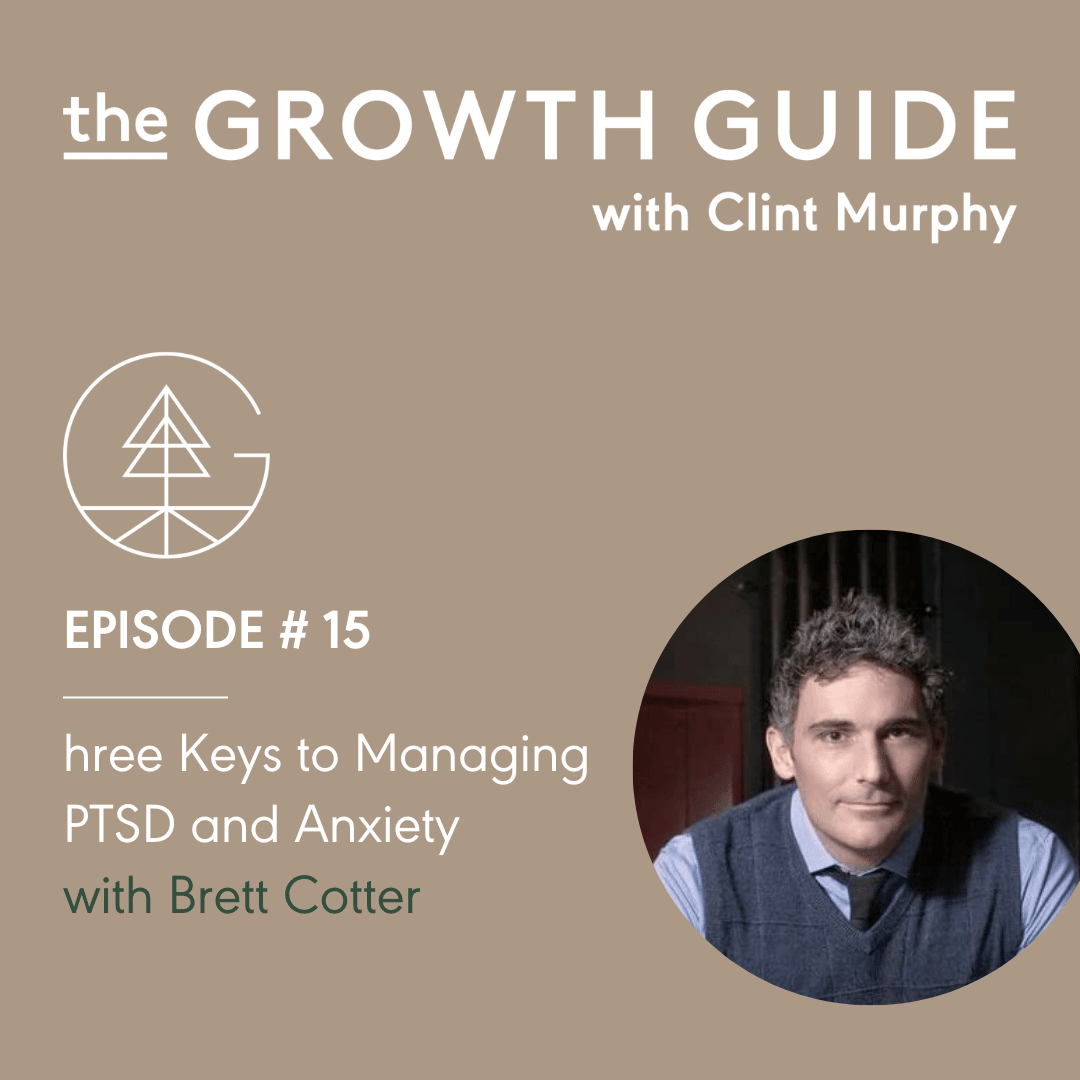About the Episode
Post-traumatic Stress Disorder, aka PTSD, is one of the major mental health challenges in the modern world. Caused by numerous traumatic events, including an unexpected death of a loved one, seeing someone being injured or killed, sexual violence, PTSD has become a common psychiatric disorder in N. America. Our guest today is an expert in managing traumatic stress who helps people release accumulated stress. Brett Cotter, author and the founder of Stress Is Gone, joins us today to talk about three key concepts that help us manage PTSD and anxiety.
The pandemic and the new reality that came with it have drastically changed our lives, and as a result, some of us have been experiencing stress, anxiety, and other mental health challenges. Brett starts the conversation with his insights on how isolation affects our minds, how it may lead to stress and anxiety, and the possibility of COVID-related incidents being a possible trigger for PTSD for those who are heavily affected by the pandemic. He also shares some of the early signs of depression and how they develop into more serious mental health issues.
In his book, Brett introduces three key concepts that help us manage PTSD; Stopping stress reaction, processing trauma, and meditation. We start looking into these concepts with a high-level view of each concept. In the next part of the discussion, Clint shares some of his personal experiences with traumatic events, and Brett weighs in with his insights on how to deal with the types of traumatic events that Clint had experienced.
Diving deep into the key concepts, we start with meditation. Brett talks about how meditation can help us dampen the impact of PTSD and eventually heal our minds. He also talks about common signs of PTSD and how we can identify a loved one who’s going through PTSD. In the next section, we dive deep into some of the techniques for stopping stress reactions and processing trauma. Stay tuned until the end of the episode, where Brett shares a technique that helps us quickly release anxiety.
